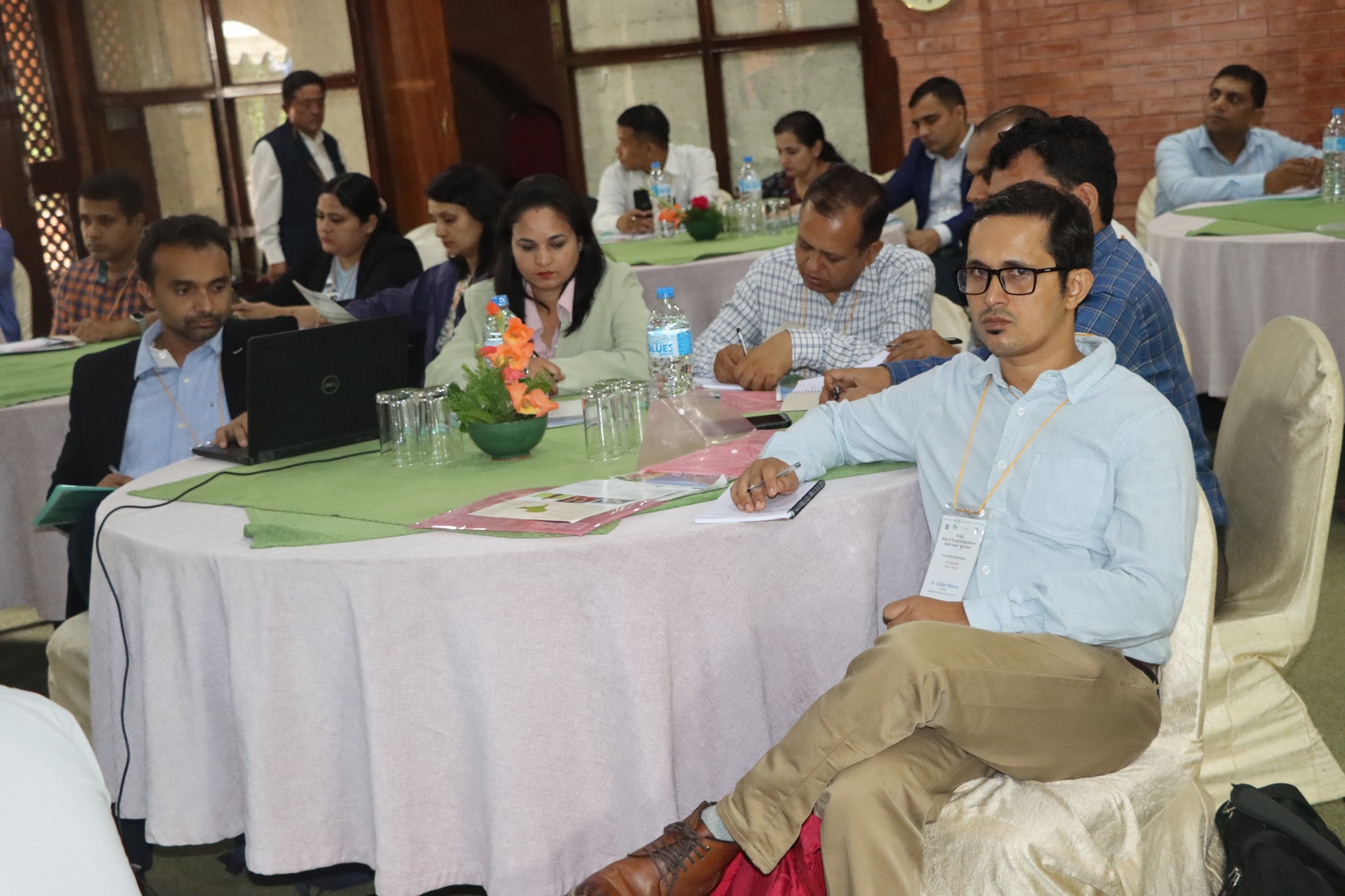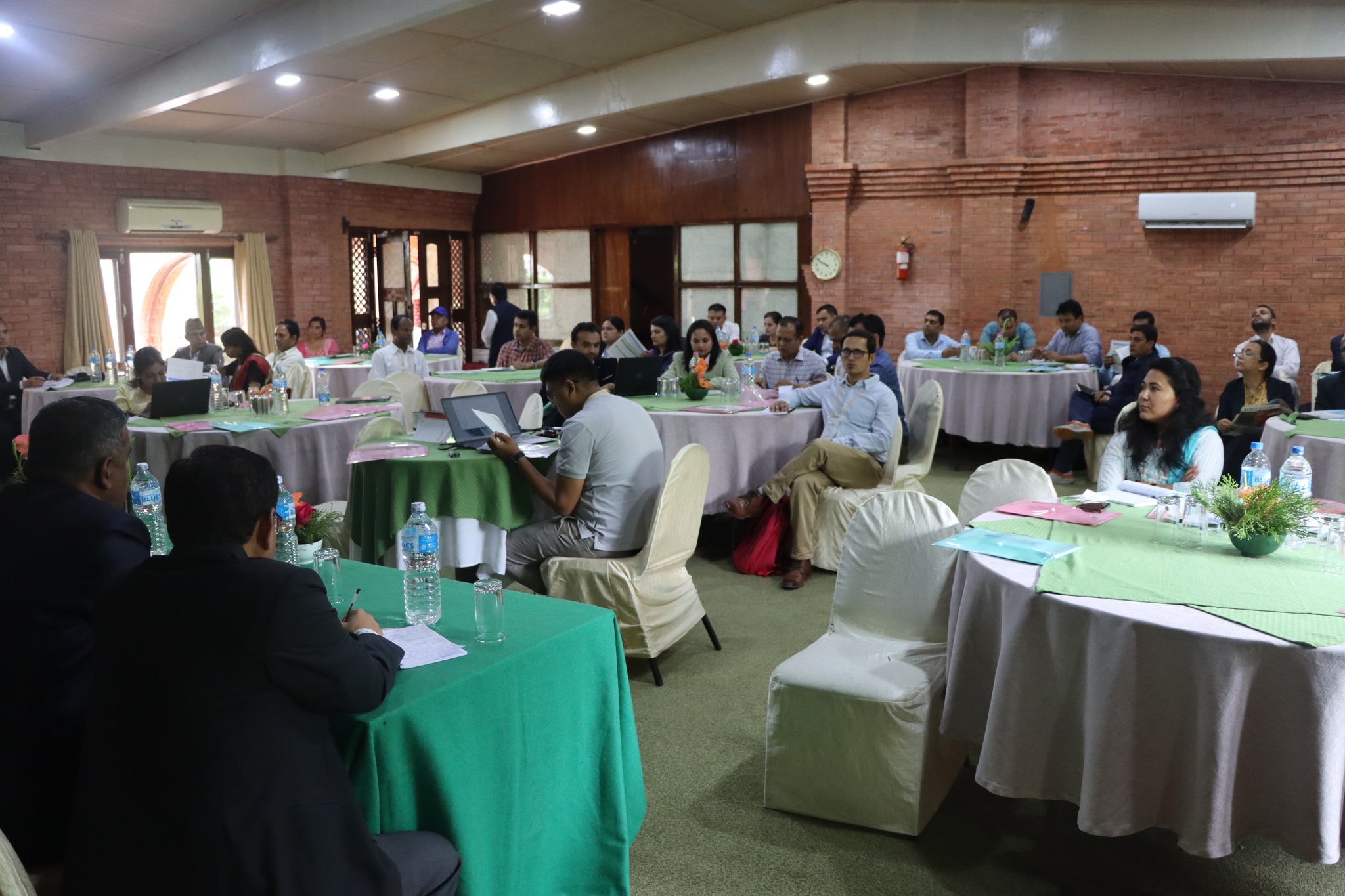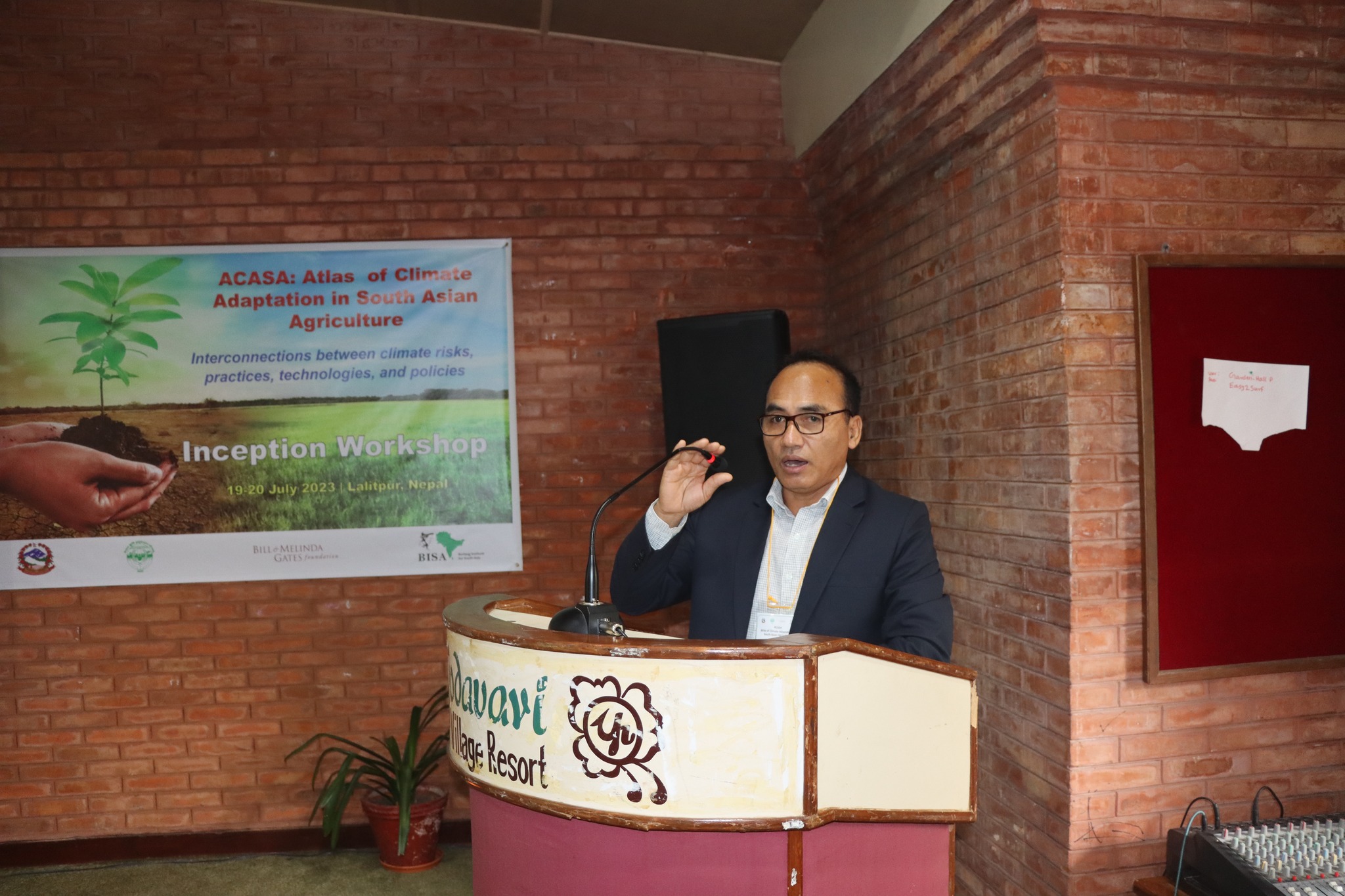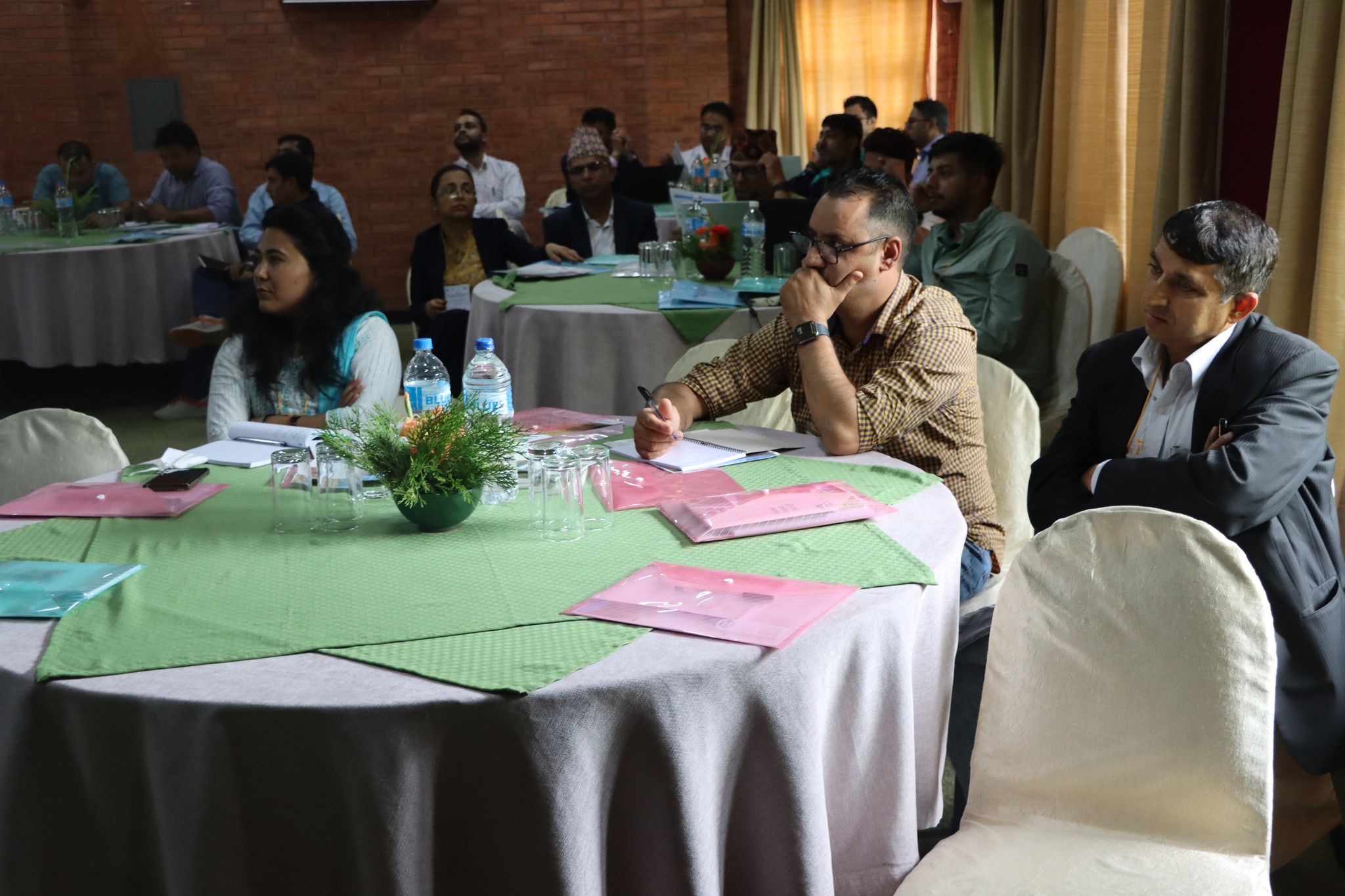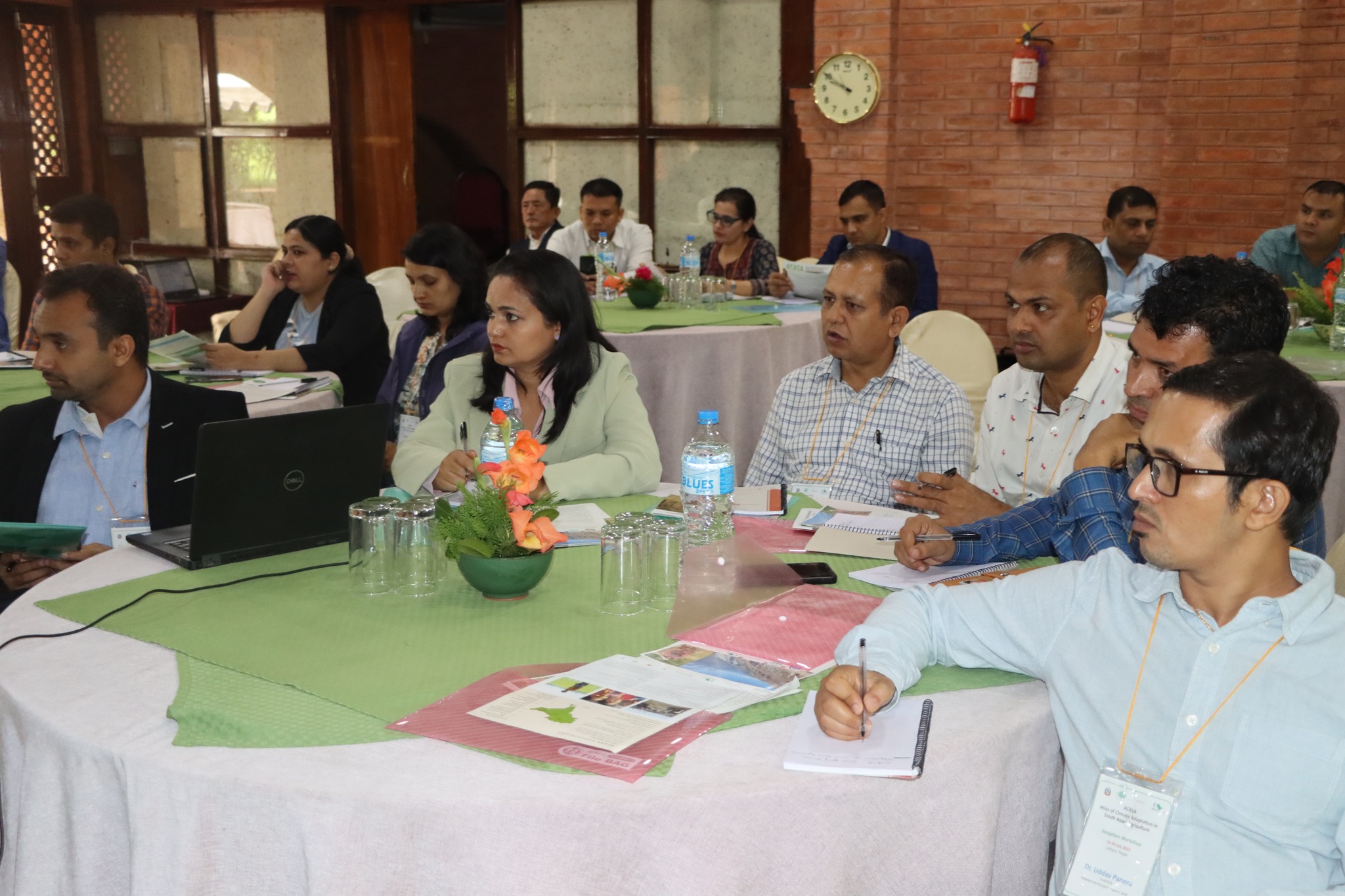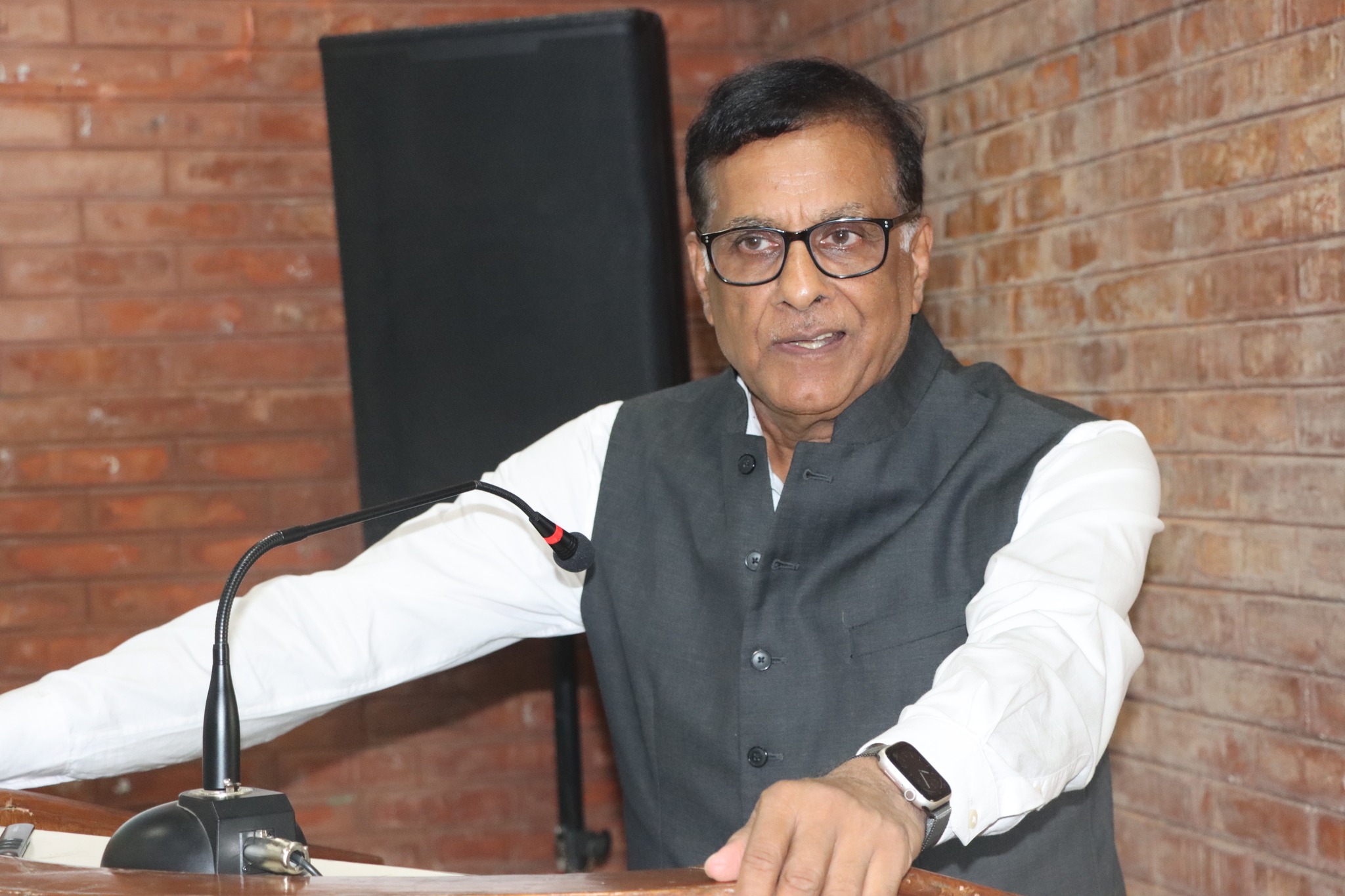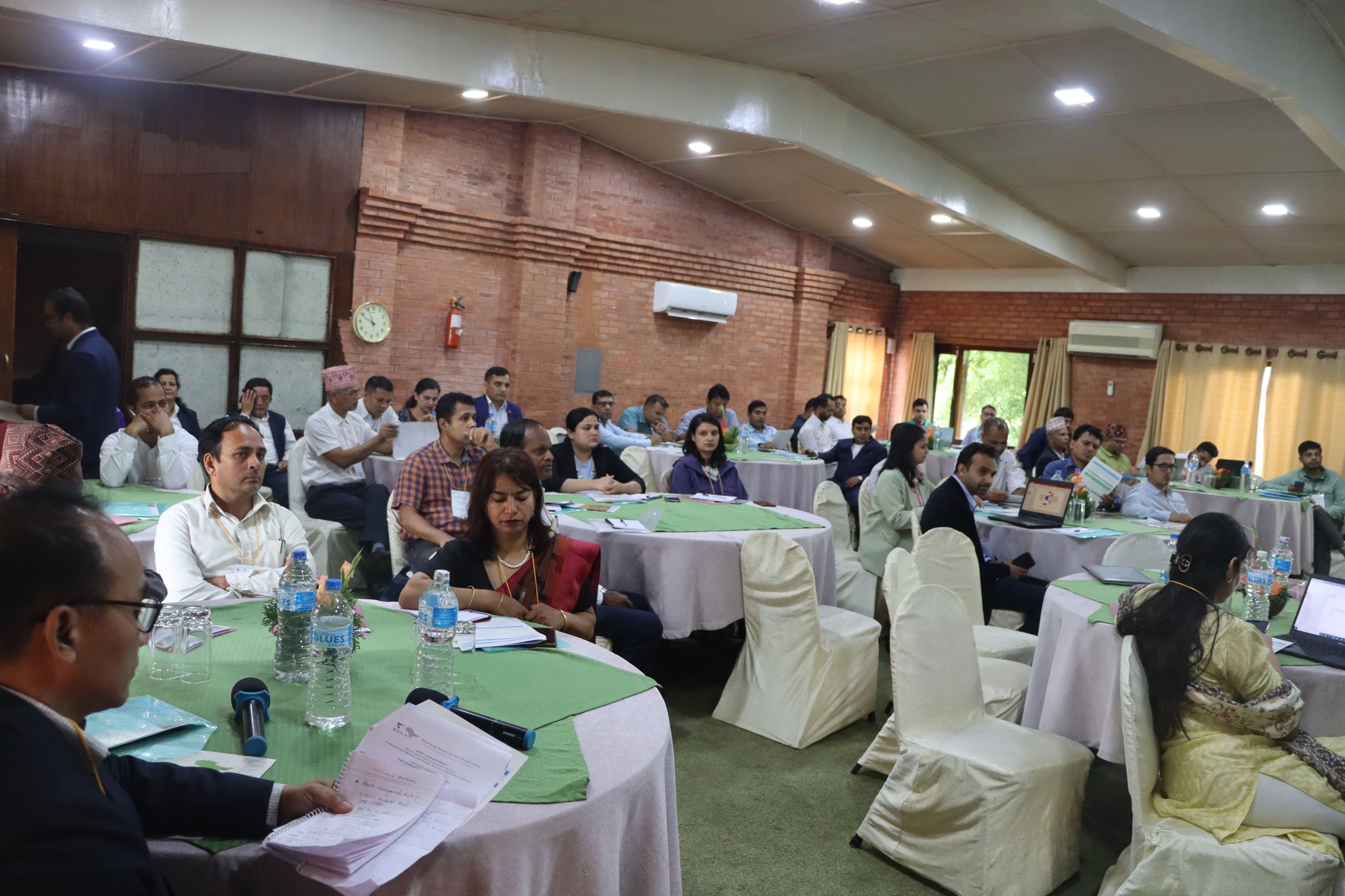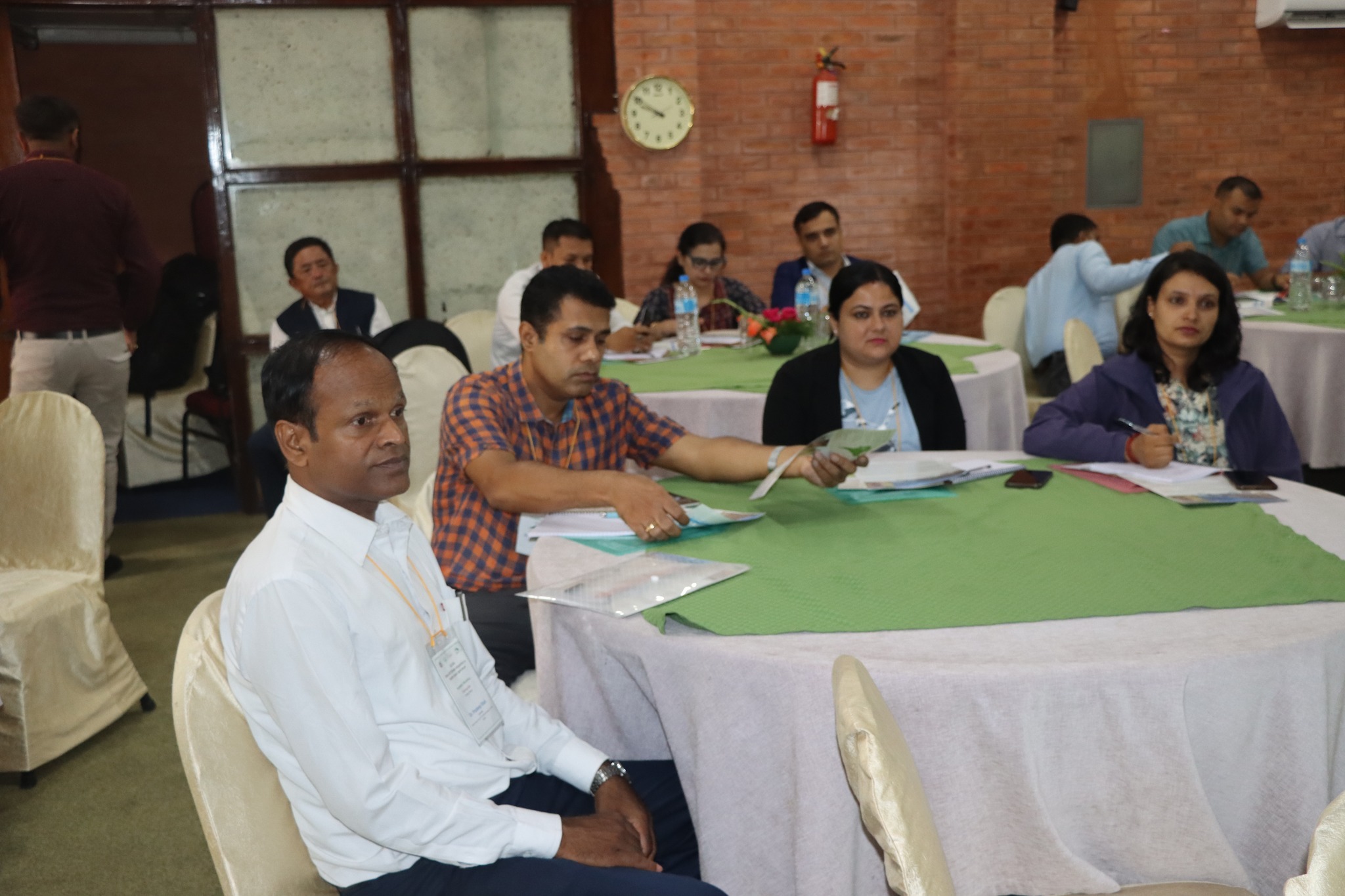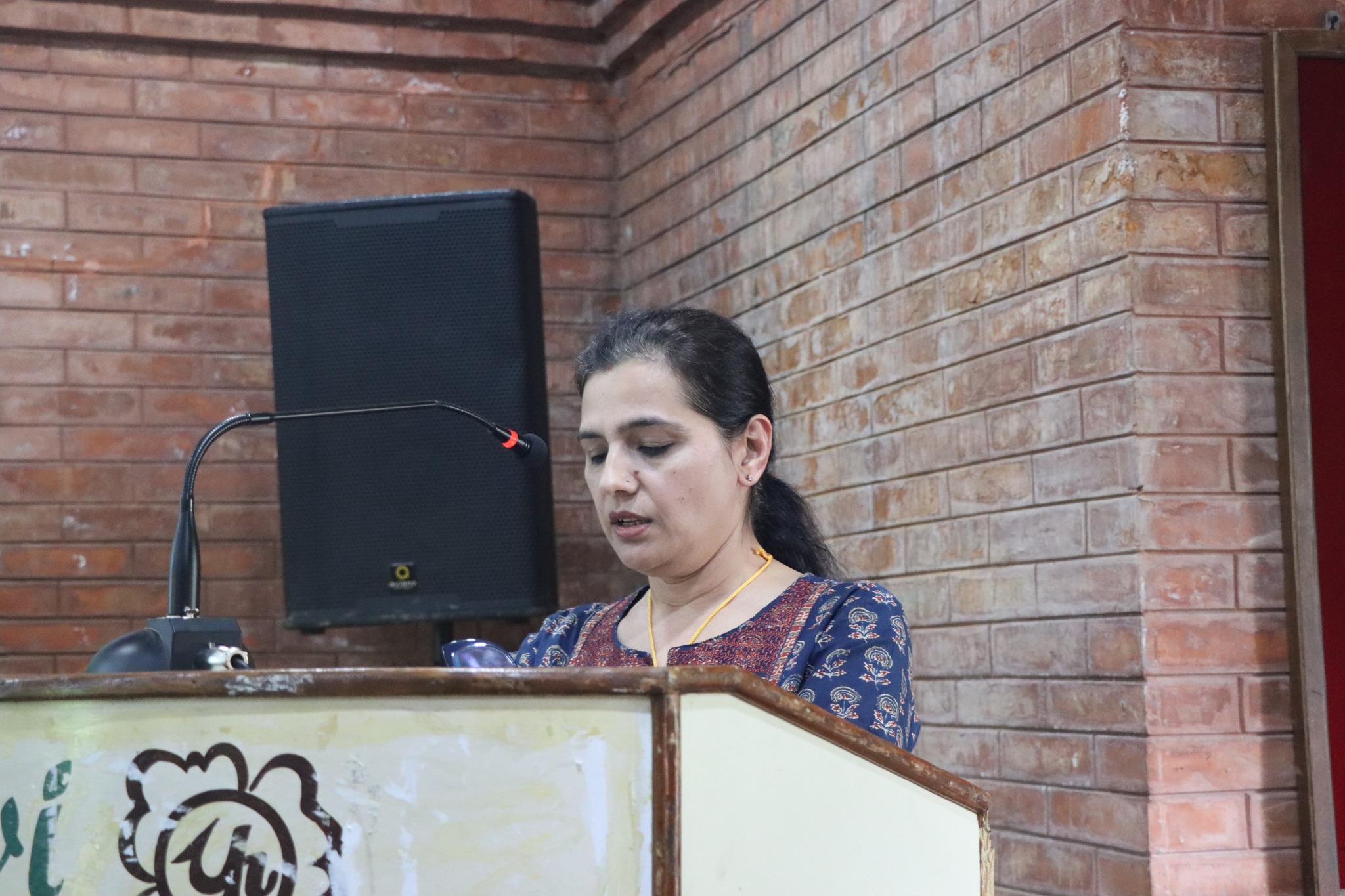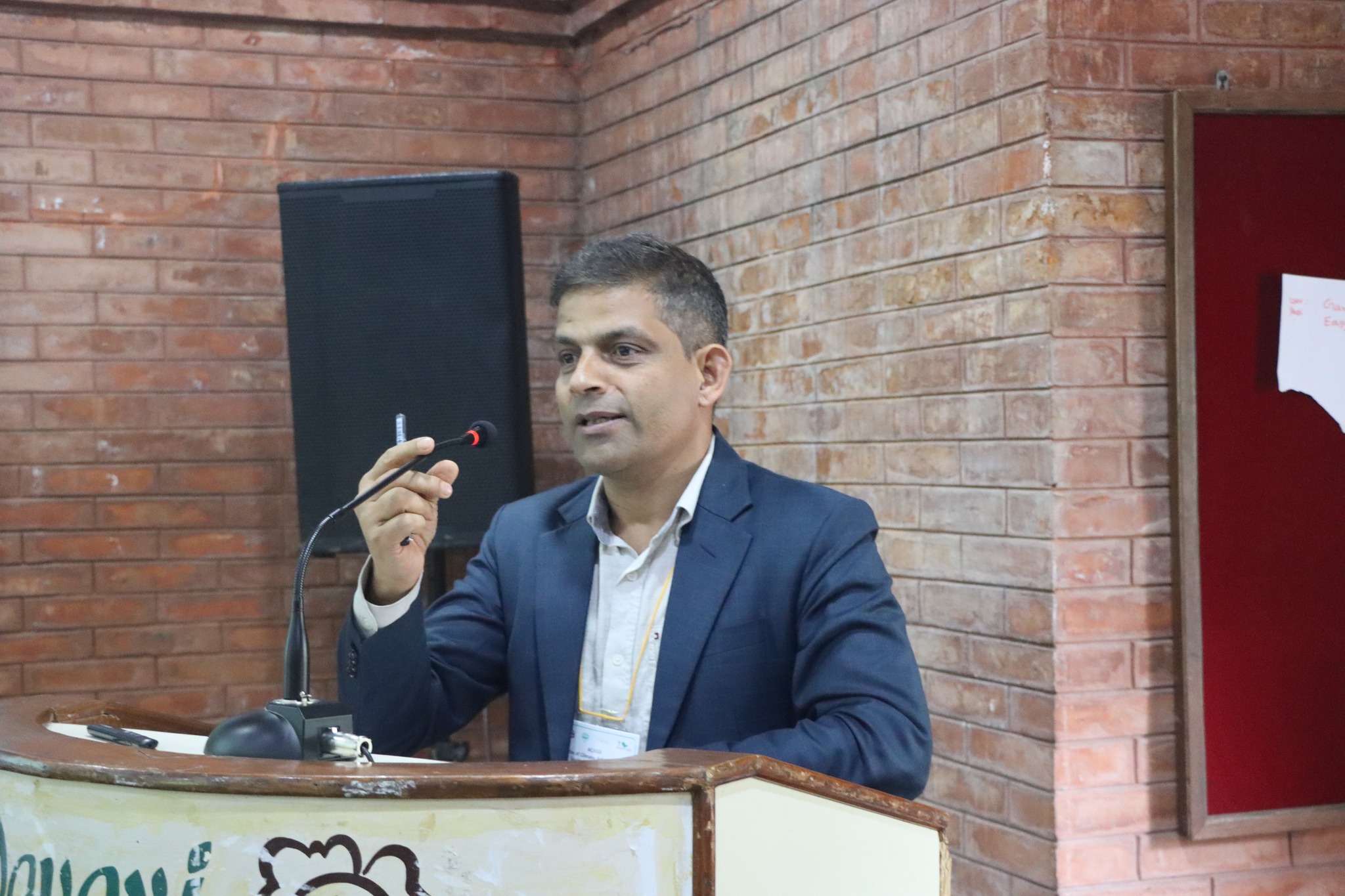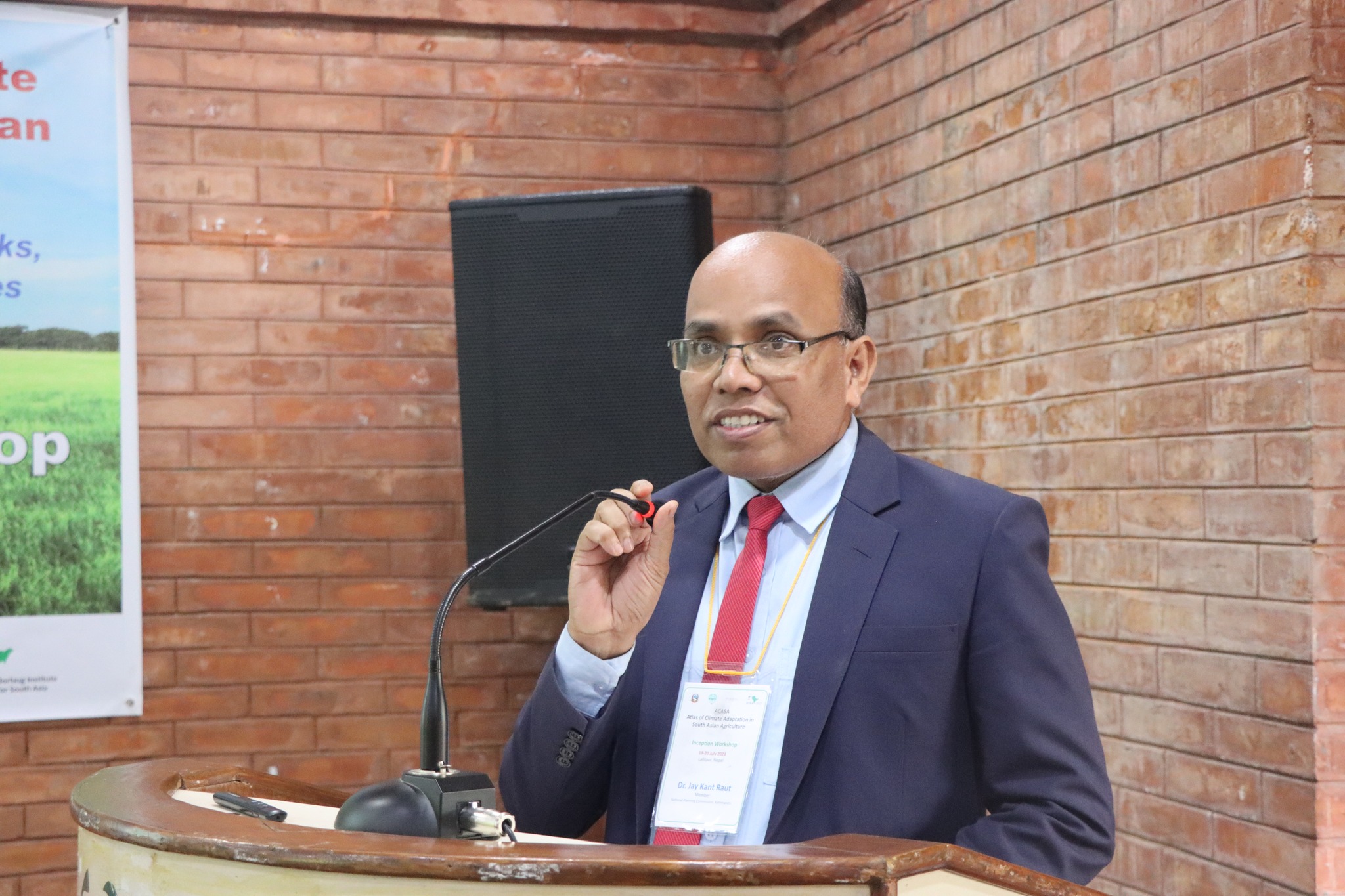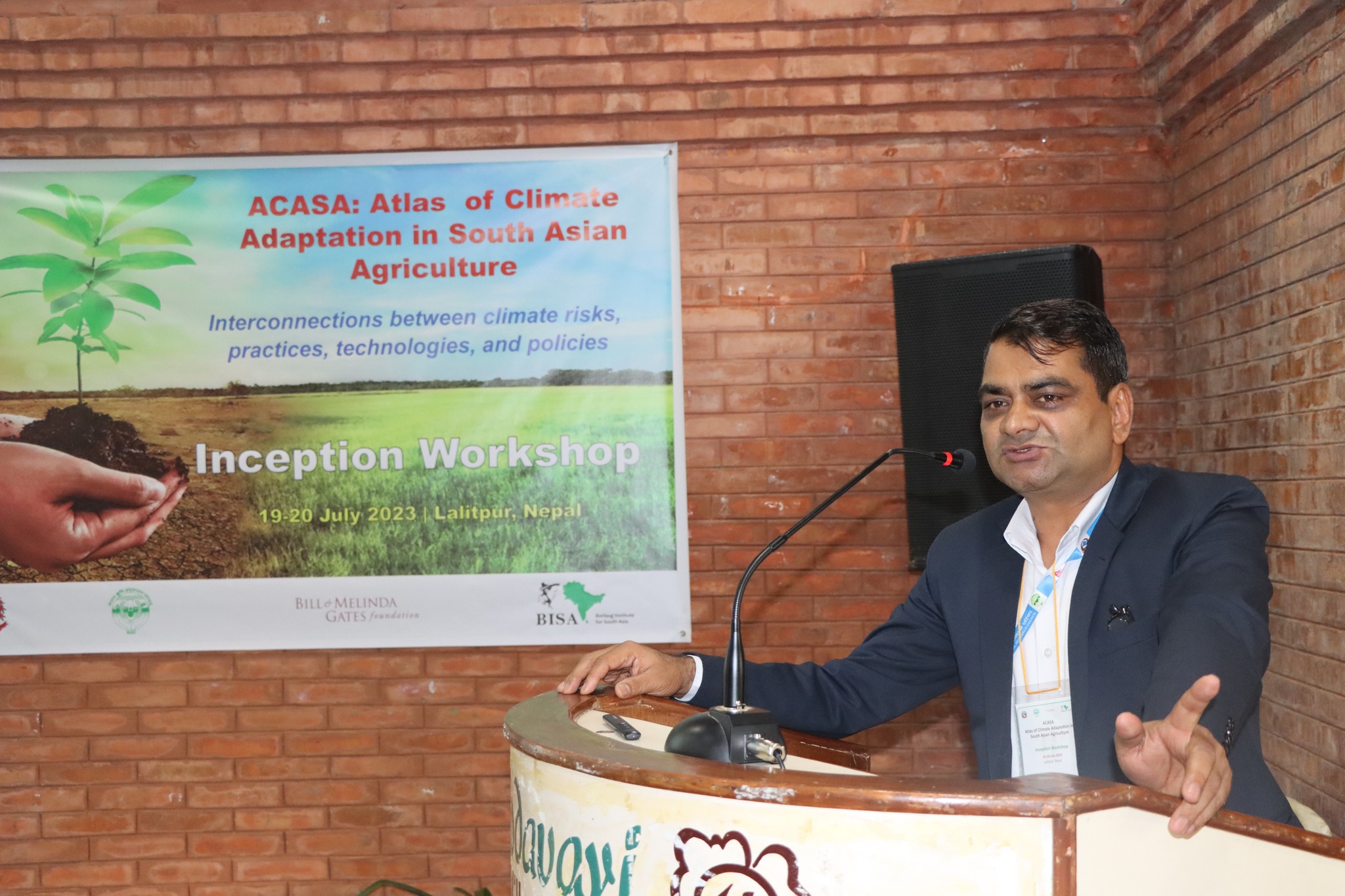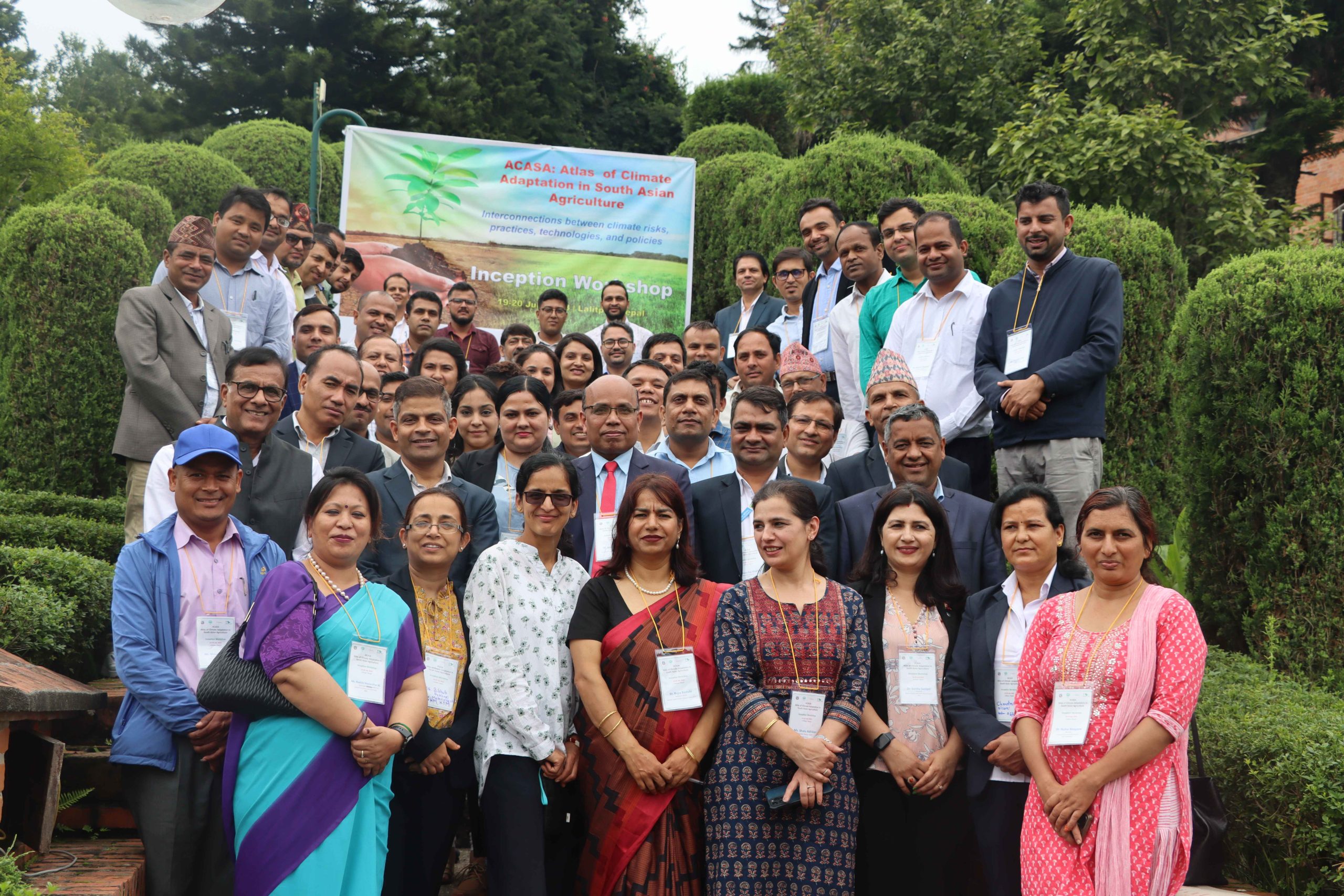The inception workshop of ACASA: Atlas of Climate Change Adaptation in South Asian Agriculture project was held on 19-20 July 2023 in Godawari Lalitpur. The project is being implemented in Nepal by National Agricultural Environment Research Center of Nepal Agriculture Council (NARC) in collaboration with the Borlaug Institute for South Asia (BISA) and the financial support of the Bill and Melinda Gates Foundation. The project will run for two years.
The ACASA project aims to develop and implement an open access standardized digital Atlas for South Asia, with a specific focus on Nepal, to identify commodity-specific risks and adaptation solutions against the adverse impacts of climate change on agriculture. The resulting Agriculture Atlas will serve as an invaluable tool for local agriculture advisors, empowering them to make informed decisions, promote sustainable agricultural practices, and address the challenges faced by farmers in the region.
The inauguration of the workshop was graced by distinguished personalities, including Dr. Dhruba Raj Bhattarai, the Executive Director of NARC, Dr. Jay Kant Raut, Member of the National Planning Commission, and Dr. Pramod Kumar Agrawal, the regional program leader of BISA. The opening session set the tone for the following four technical sessions, featuring a series of presentations and group work aimed at identifying commodities to include in the Atlas, characterizing climate risks using the IPCC framework, and exploring adaptation solutions available for each identified commodity.
Over 70 experts participated in the workshop, representing key stakeholders from various organizations such as ICIMOD, FAO, CEAPRED, LI-BIRD, Institute of Agriculture and Animal Science of Tribhuvan University, Department of Agriculture, Agriculture and Forestry University, Ministry of Agriculture and Livestock Development, Ministry of Forestry and Environment, and Department of Hydrology and Meteorology.
The workshop proved to be fruitful in sensitizing all project stakeholders to the ACASA project’s vision and objectives. Participants actively engaged in developing commodity-specific indicators, identifying hazards, exposures, and vulnerabilities for comprehensive risk assessment, and formulating major adaptation strategies for the management of climatic risks in key commodities. Moreover, a detailed workplan was devised, outlining deliverables, timeline, and key responsibilities of stakeholders to ensure smooth project implementation.
The inception workshop has laid a strong foundation for proactive efforts in climate change adaptation in South Asian agriculture. Through collaboration, expertise, and innovation, the project endeavors to strengthen agricultural resilience and enhance the well-being of farmers across the country.


